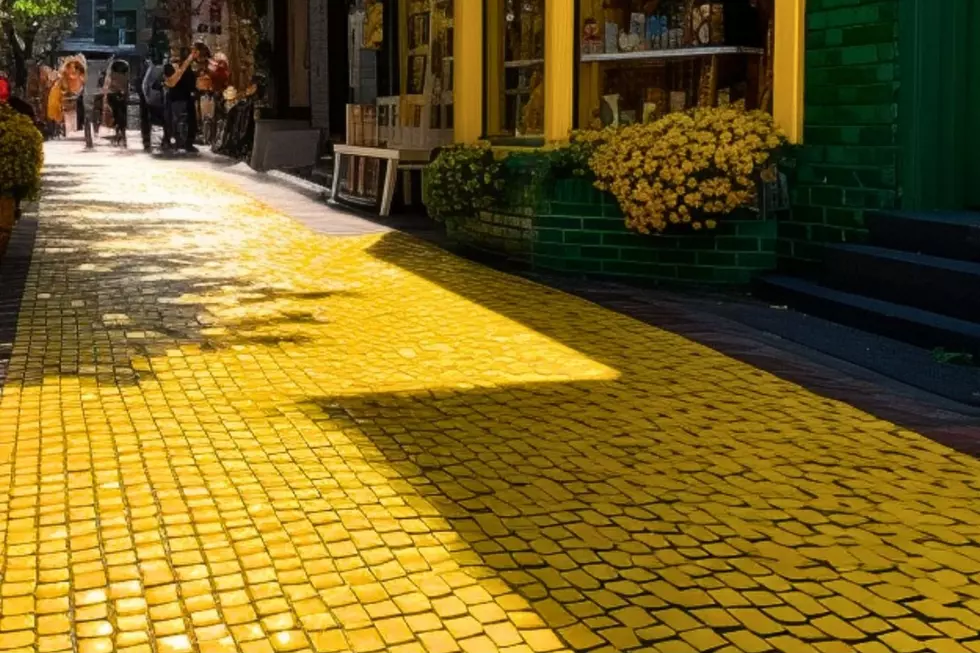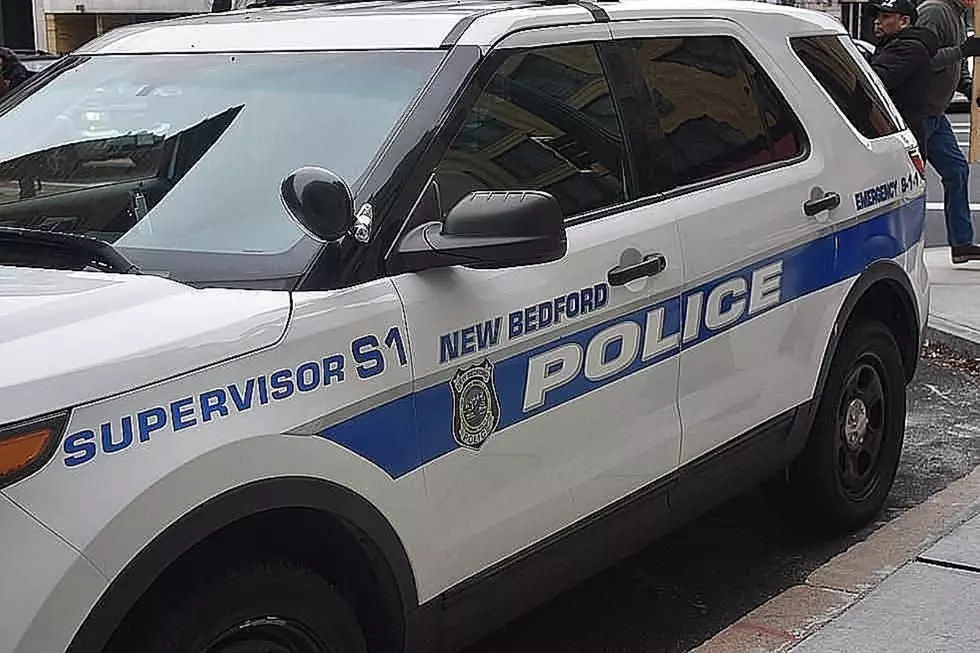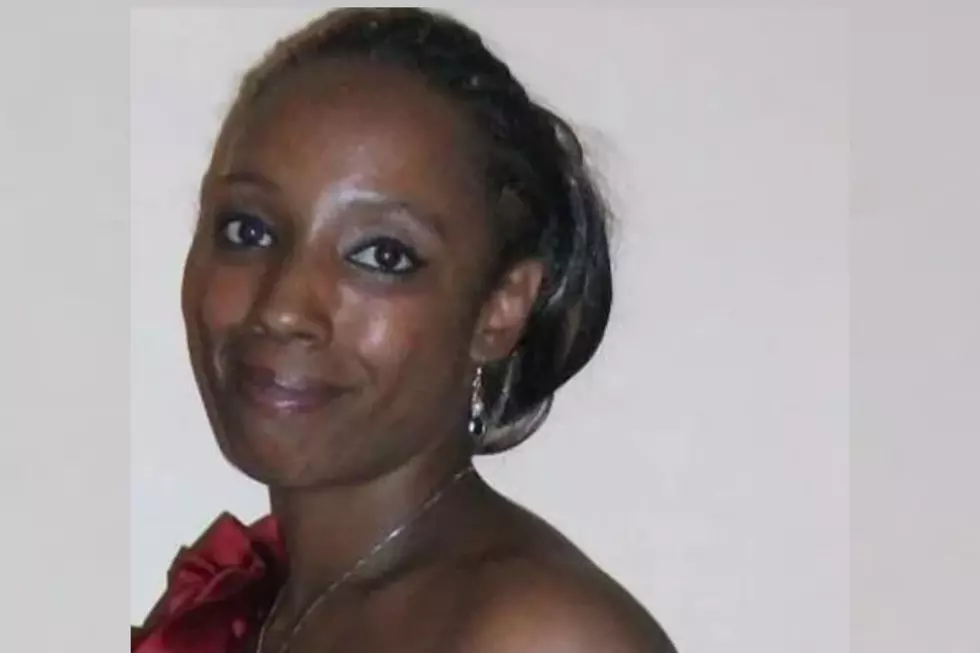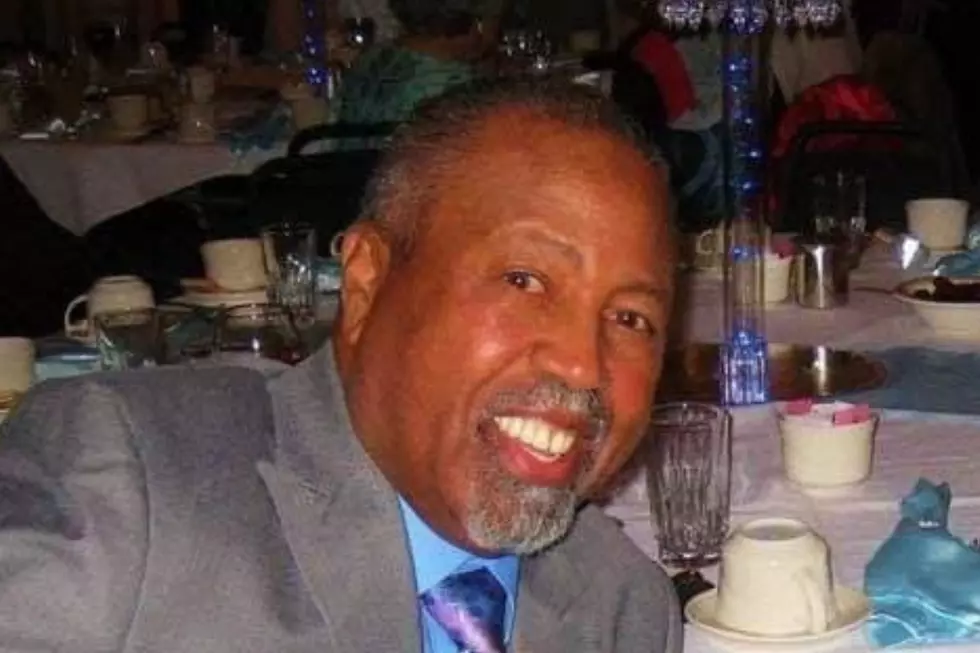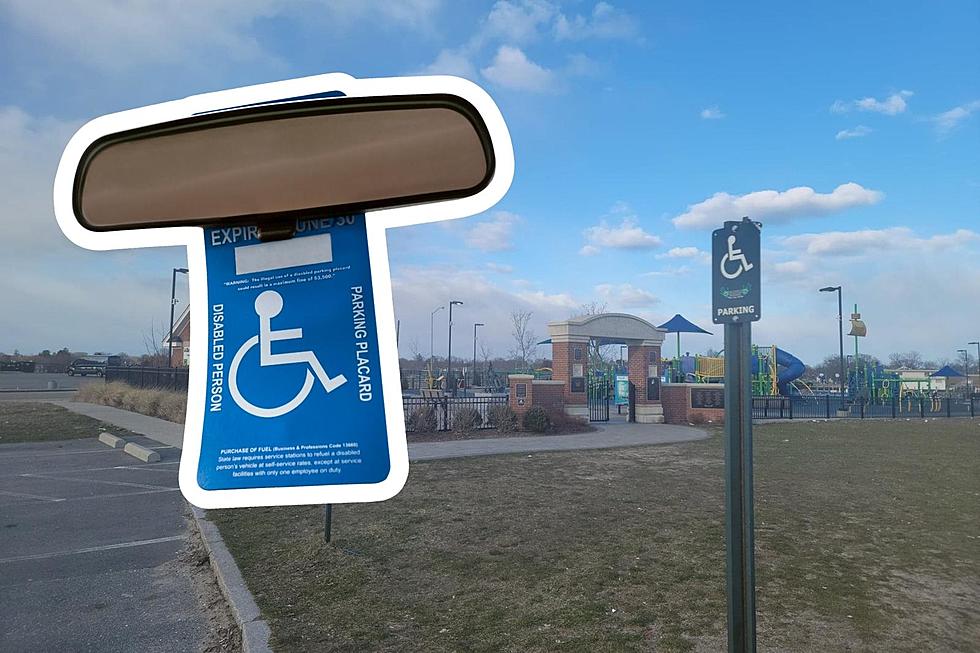
Why ‘Free Parking With Placard’ at New Bedford’s Noah’s Playground Doesn’t Go Far Enough
Friday, April 1 is the annual kickoff of World Autism Month, a yearly effort by people and organizations to raise awareness of and encourage acceptance of individuals living with Autism Spectrum Disorder (ASD).
According to the CDC, one in 44 children are diagnosed with ASD as of 2021, a figure that has been rapidly increasing for decades. ASD is a developmental disability, and individuals living with it have an atypical way of perceiving the world. Their sensory inputs are hyper-sensitized in some areas and desensitized in others. ASD and many other developmental disabilities can oftentimes be classified as an "invisible disability," meaning it may not be apparent at first glance.
This is important to remember in light of the discussion surrounding the implementation of a pay-to-park system at Pope's Island Marina and Noah's Place Playground in New Bedford. After days of public backlash following Ward 6 City Councilor Ryan Pereira's discovery of this new policy voted on by the Board of Park Commissioners, the New Bedford Port Authority released a statement in an attempt to clarify how the parking will be regulated.
While they did say that they are open to making adjustments to the policy as needed, some of their rationales fell short of convincing. Namely, the notion that park goers with disabilities aren't affected because vehicles with handicap parking placards park for free. It's a great policy that is consistent with City and Commonwealth practices, but it's not comprehensive enough to cover the broad spectrum of children with disabilities who should be allowed unlimited access to the park.

According to Massachusetts Registry of Motor Vehicles, eligibility for handicap placards are strictly limited to individuals with certain physical disabilities that are expected to last more than two months. Developmental disabilities, such as autism, are not listed as an eligible for a placard.
Raising a child with developmental disabilities often requires a great deal of added time and expense due to the lack of coverage for essential healthcare and home care services. These services are usually paid for out of pocket or carried out by the parents or guardians themselves.
Taking a child with developmental disabilities to the playground or other social gatherings can often be a logistically complicated and focus-intensive endeavor. In these circumstances, parents and guardians should be able to take their child on a playdate without being ushered out of the playground by a warning text from the City letting them know that they are about to incur a series of potentially unaffordable parking fees.
As Victor Fernandes, founder of Team Noah previously told WBSM's Tim Weisberg, the two-hour window for free parking isn't enough to accommodate the vision of Noah's Place playground that Team Noah had raised $2 million of community investments to make a reality.
In light of the fervent opposition to this new policy, Mayor Mitchell said to WBSM's Kate Robinson on Tuesday, and during his weekly Wednesday appearance on The Tim Weisberg Show that he supports making changes to the policy that better reflect the need to make Noah's Place accessible.
Short of abolishing this program, which has been universally panned before it has even started, these new policy changes should at the very least reflect the broad spectrum of individuals with developmental disabilities that deserve to enjoy Noah's Place playground without limitations.
Buildings Featured in the New Bedford Pathways Historical Walking Tours
More From WBSM-AM/AM 1420

